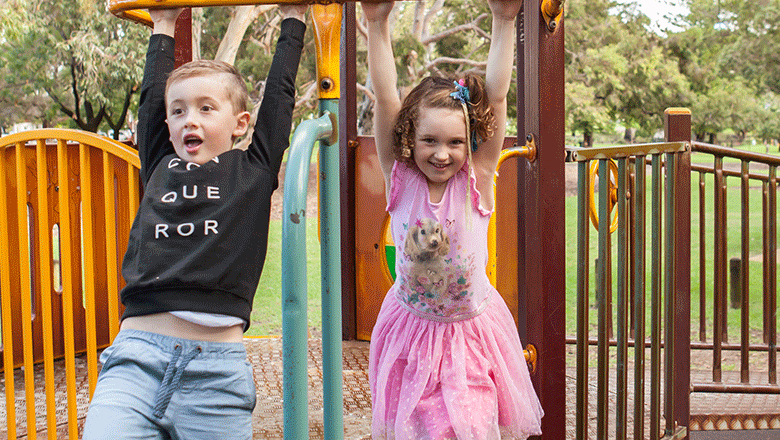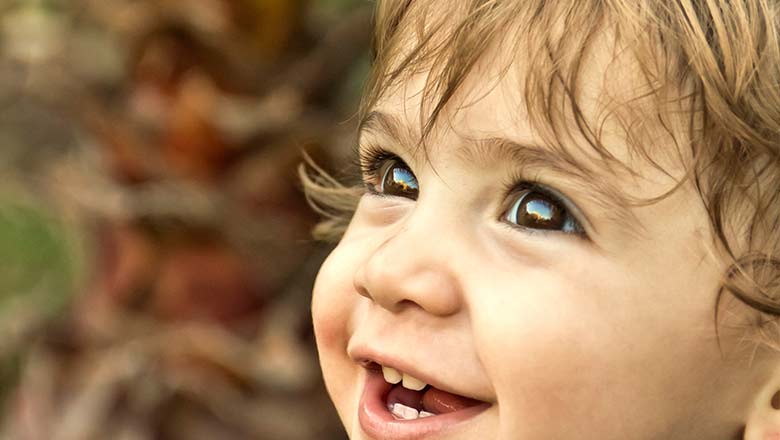Search
Research
“That's not fair on my kid”: Carers' perspectives on sport participation and experiences for children in out-of-home careChildren in out-of-home care participate in less organised sport than children from other household structures, potentially reducing opportunities for improvements in social, developmental, and health outcomes. Despite this, little is known about barriers and facilitators of sport participation for children in care. We aimed to explore carers' perspectives on the influences on children in care's participation and experiences in organised sport.
Research
Predicting regional and temporal incidence of RSV and influenza hospitalizations in a birth cohort of young Australian childrenWestern Australia experiences multiple climatic zones, influencing the epidemiology of respiratory viruses. We aimed to estimate the true incidence of respiratory syncytial virus and influenza hospitalizations across these different climatic regions using predictive modelling.
Research
Low-intensity parent- and clinician-delivered support for young autistic children in Aotearoa New Zealand: a randomised controlled trialAotearoa New Zealand does not provide publicly-funded intensive autism support. While parent-mediated supports are promising, children and families may also benefit from direct clinician support. We tested the efficacy of a low-intensity programme involving parent- and clinician-delivered support for autistic children.
Research
Exploring Sugary Drink Consumption and Perceptions among Primary-School-Aged Children and Parents in AustraliaSugar-sweetened beverages (SSBs) account for a significant proportion of sugar in the diet of children and are directly associated with obesity in this group. While there have been many studies on adolescent SSB consumption, few studies have examined the predictors of SSB consumption in primary-school-aged children. The aim of this study was to understand the degree to which a child's consumption across a range of beverages is influenced by their own attitudes and by their parents' attitudes and parents' consumption behaviours.

News & Events
Help our kids reach their potentialYou're invited to join the Early Childhood Development and Learning Collaboration on Monday 15 August from 7pm to help every child reach their potential.

News & Events
New collaboration to boost kids early childhood development outcomes across AustraliaA new collaboration has been launched to fast track research into action to improve outcomes in the crucial early years of child development and learning.
News & Events
A world first for Aussie kids putting Australia's children on the mapIn a world first, 96 per cent of communities in Australia now have vital information about their children's development
News & Events
How mums talk influences children’s perspective-taking abilityNew research shows that kids whose mums talk more frequently about others' thoughts tend to be better at taking another's perspective than other children.
News & Events
WA researchers awarded $9.7 million for ground-breaking child health studiesWA researchers awarded $9.7 million for ground-breaking child health studies
News & Events
New approach needed to tackle child abuse and neglectLeading child advocates have called for a new approach to tackling child abuse and neglect amid rising rates of abuse notifications
